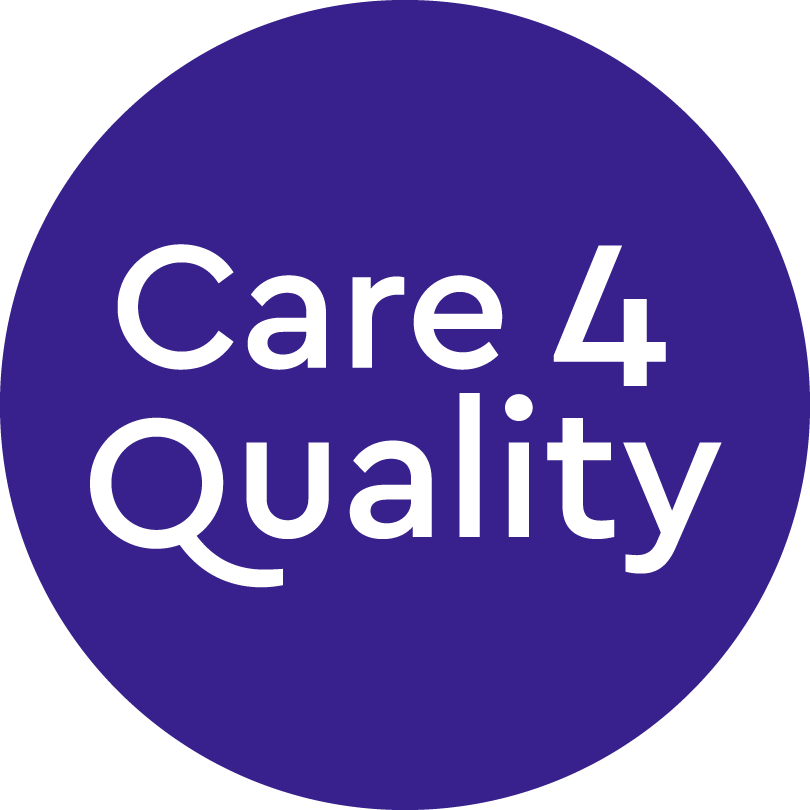To help providers of health and social care services learn from the experience of responding to coronavirus (COVID-19) around the country, the Care Quality Commission (CQC) is carrying out rapid reviews of how providers are working collaboratively in local areas.
These Provider Collaboration Reviews (PCRs) will focus on 11 Integrated Care System (ICS) or Sustainability and Transformation Partnership (STP) areas. The reviews will support providers across systems by sharing learning, helping to drive improvements and prepare for future pressures on local health and care systems.
In Beyond Barriers: How older people move between health and social care in England, CQC noted that health and care services can achieve better outcomes for people when they work together. Collaboration between providers in a system is even more important in times of crisis.
In carrying out the reviews, CQC will use data it holds and undertake conversations with providers and ICS and STP leaders. This will include the experiences of people who use services.
CQC’s ambition is to look at provider collaboration in all ICS and STP areas. The first phase, between July and August will see reviews in:
- Bedfordshire, Luton and Milton Keynes ICS
- Norfolk and Waveney STP
- The Black Country and West Birmingham STP
- Lincolnshire STP
- North East and North Cumbria ICS
- Lancashire and South Cumbria ICS
- Frimley Health and Care ICS
- Sussex Health and Care Partnership ICS
- North West London STP
- One Gloucestershire ICS
- Devon STP
These reviews will involve understanding the journey for people with and without coronavirus across health and social care providers. They will focus on the interface between health and adult social care for the over-65 population group.
Rosie Benneyworth, Chief Inspector of Primary Medical Services and Integrated Care said:
“The speed and scale of the response required by the COVID-19 pandemic has highlighted the benefits to services and the people who use them of creativity and innovation through collaborative approaches. Responses to the pandemic have offered opportunities for partnership working, ensuring shared efforts to avoid fragmentation and drive best experiences and outcomes for those accessing care within the system.
“These reviews will help identify where provider collaboration has worked well to the benefit of people who use services. Sharing that learning will help drive further improvements across systems.”
Review teams will feedback findings to areas following each review to help them plan ahead. Themes from the 11 reviews will be reported in September in CQC’s COVID Insight report and State of Care in October.
Saffron Cordery, Deputy Chief Executive of NHS Providers, said:
“We welcome this approach. It is good to see CQC adapting to reflect the changing environment and piloting different means of working with providers and their partners.
“One of the great achievements by trusts in response to COVID-19 was the way that they and their partners quickly developed new approaches, collaborating to confront the greatest challenge in the history of the NHS.
“We look forward to seeing details of how this has been done, and the lessons to be drawn from these initiatives to support more collaboration, and the CQC’s approach to regulation, in the future.”
Professor Martin Marshall, Chair of the Royal College of GPs, said:
“GPs and their teams sit at the heart of our communities and therefore have a key role at the centre of our wider systems for health and care provision. The way in which general practice has responded to the challenges of the pandemic has been tremendous and further demonstrates the importance of GP leadership in supporting and sustaining health and care systems.
“We welcome the opportunity to share our learnings and further develop a collaborative approach to supporting the NHS through the next wave of pressures. The welcome decision by the CQC and other regulators to ease their requirements during COVID-19 has enabled GPs to free up capacity which has been put to good use in delivering frontline care to patients and in supporting systems in new and innovative ways.
“We look forward to working with the CQC to explore ways in which the positive changes we have seen during the pandemic can be embedded in the longer-term to improve the care we give to our patients post-COVID.”
The National Care Forum said:
“We welcome this programme of rapid reviews by the CQC, looking at how local systems have responded to support care providers during the COVID crisis. The experience of our members on the frontline in the fight against COVID within the care sector has shown a variety of responses from local systems, some very collaborative and supportive and some less so. We welcome the opportunity for a strong care provider voice within these reviews as we reflect collectively on the very difficult past few months of the crisis.
“It is absolutely essential that we learn what has worked well within the local care and health system, for care providers and the very vulnerable people they serve, and what has not worked so well, so that we are better equipped to work together in the event of any second wave. It will also enable a valuable local lens on the role that national policy making and guidance has played at a local level.”
Lisa Lenton, Chair of the Care Provider Alliance, said:
“During the COVID-19 pandemic, more than ever we have witnessed the importance of clear communication and collaboration to tackle this crisis.
“The pandemic has created unprecedented situations and there is an opportunity to reflect on the lessons we have learned at local system level over recent months – both what went well and the challenges that rapidly unfolded.
“By having conversations with partners – importantly people who use services and providers as well as ICS/STP leaders in the identified areas, there is a real opportunity to share experiences – collaboration is key and identifying more effective ways to work in partnership is very welcome to swiftly evaluate what will need to happen in the event of a second peak to support people who access care and support.”

